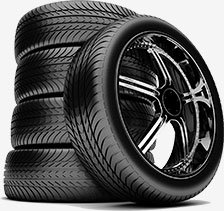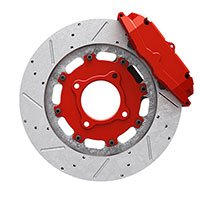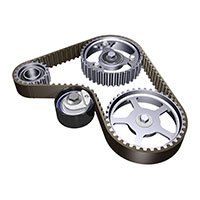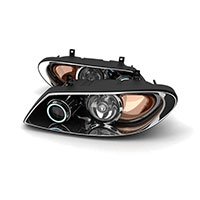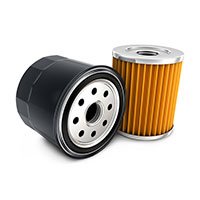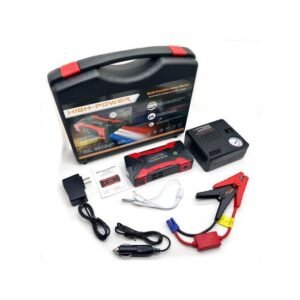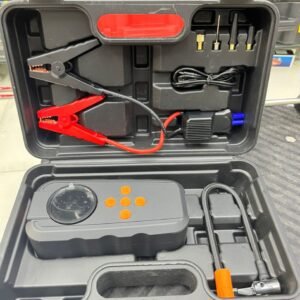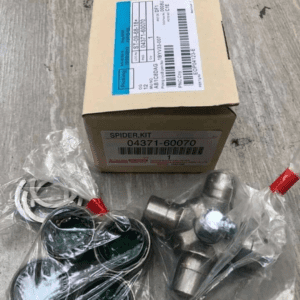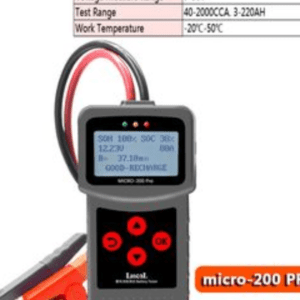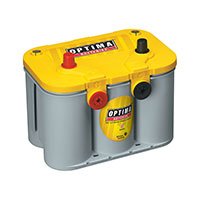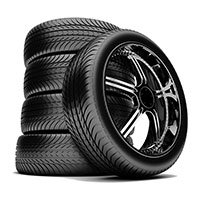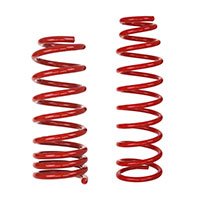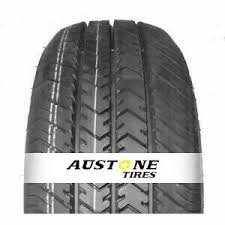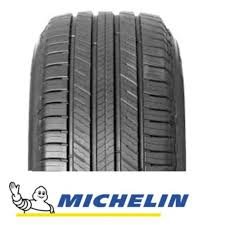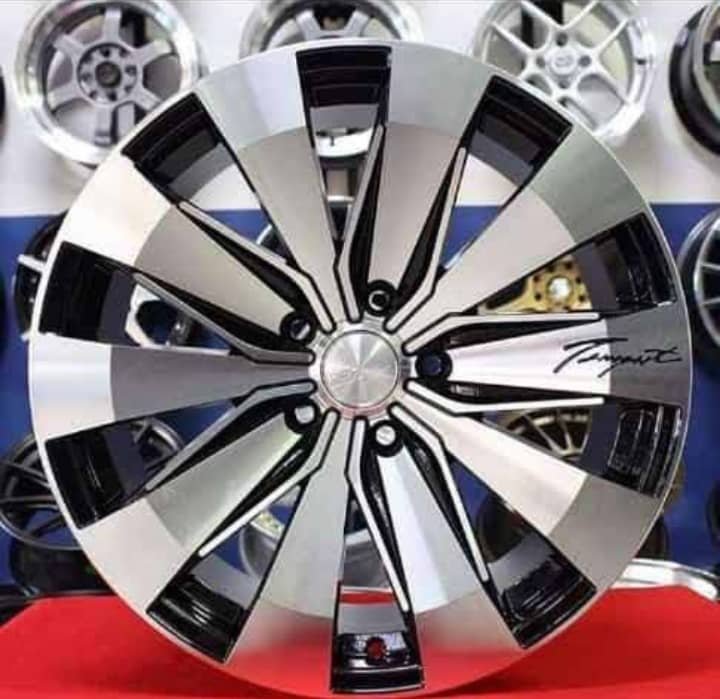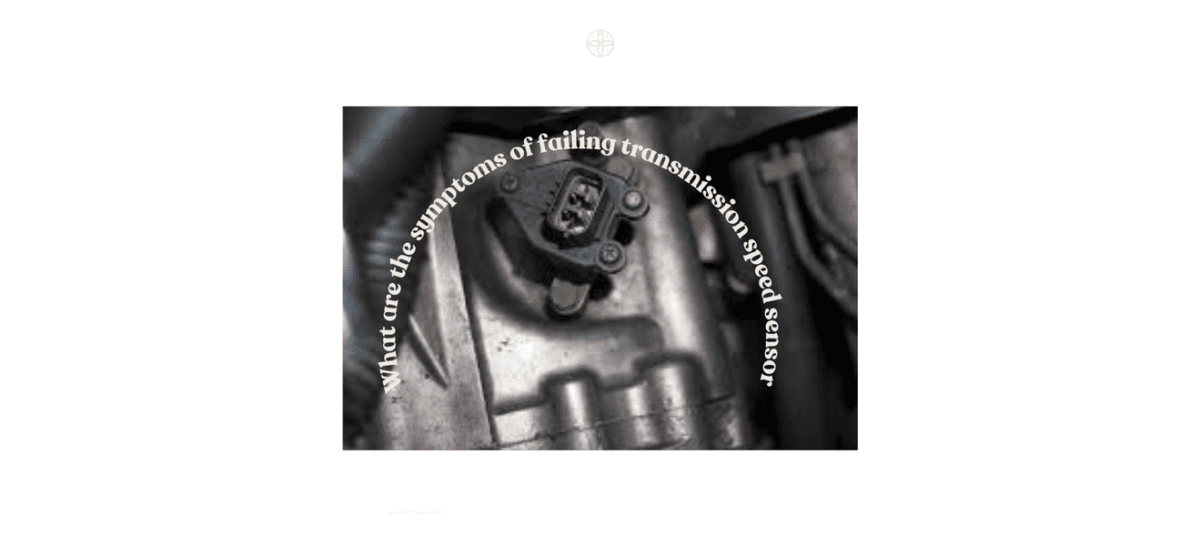What are the symptoms of failing transmission speed sensor
What are the symptoms of failing transmission speed sensor.
What are the symptoms of failing transmission speed sensor
Speed Sensor is a small device that is mounted somewhere on the transmission which determines how fast your vehicle is going. It does this by measuring the rotation of a toothed wheel on a shaft inside the transmission.
Transmission speed sensor produces low voltage signals that are relayed to one or more computers, referred to as control modules.
Any failing or bad speed sensor can affect more than just speedometer operation. Note that the engine and transmission control systems both rely on the data provided by the transmission speed sensor to make the necessary adjustments for your vehicle to run efficiently. Though it depends on the vehicle, other systems (such as cruise control) may rely on this data as well.
This is to say that a broken speed sensor can potentially reduce your ability to drive your vehicle safely. This simply means that it’s a good idea to know what are the symptoms of a failing transmission speed sensor. But first, what causes the speed sensor to fail?
So what Causes the Speed Sensor To Fail?
- The Internal Electrical Fault In The Speed Sensor
Any internally damaged speed sensor can result in an abnormal output signal or no signal at all. Normally, the sensor can be tested with a digital voltmeter or oscilloscope.
Please seek the help of a professional mechanic if you suspect that you have a faulty VSS so it can be tested and replaced if needed.
A Damage On The Sensor Itself
Sometimes it’s possible for the speed sensor to get damaged or cracked. And also, the plastic part of the sensor can become brittle after long exposure to the elements. While the magnetic part of the sensor may also become worn and damaged over time.
Poorly Maintained Vehicle
If you fail to follow your vehicle maintenance schedule, it can increase the risk of speed sensor failure. Because the device won’t be able to produce its readings correctly if the magnetic pickup and/or toothed wheel become heavily covered in gunk, this is, particularly on old transmission fluid contaminants.
BELOW ARE THE SYMPTOMS OF FAILING TRANSMISSION SPEED SENSOR
In case either or both of these speed sensors fails, you may observe one or more of the following issues:
- A Harsh Or Improper Shifting
Note that without a valid speed signal from these sensors, the PCM won’t be able to properly control the shifting of gears within the transmission. However, this may cause the transmission to shift roughly or more quickly than normal. Sometimes it’s possible that an issue with these sensors can impact the shift timing, extending the interval between transmission shifts. But whenever the transmission shifts hard, it can damage internal components including valve bodies, hydraulic lines, and sometimes mechanical gears. But if you observe that your transmission is shifting harshly or roughly, you should contact a professional mechanic immediately.
The Cruise Control Does Not Work
Because transmission speed sensors monitor the input and output shaft speed, this plays a part in monitoring the cruise control. Whenever the sensor fails to deliver accurate data to the onboard computer on your car, truck, or SUV, the PCM (powertrain control module) will send an error code to the vehicle’s ECU.
However, as a safety measure, the ECU will shut down the cruise control and render it inactive. But in case you notice that your cruise control does not engage whenever you press the button, contact a professional mechanic so they can inspect the vehicle and determine the reason why cruise control is not working. This may be because of faulty transmission speed sensors.
The Check Engine Light Comes On
This can also indicate that there is an improvement in tailpipe emissions that surpasses acceptable limits for environmental contaminants from motor vehicles. However, if you observe that the Check Engine Light comes on, you should contact a mechanic.

How Safe is it to Drive with a Failing Speed Sensor?
Faulty transmission speed sensor can negatively impact multiple aspects of vehicle operation. This is why it’s best to replace a bad speed sensor as soon as possible.
In case you notice any of the symptoms mentioned above, take your vehicle to a mechanic immediately. If you fail to replace a faulty sensor, it can affect both of these systems because they won’t have the necessary info needed to perform correctly. But not just this, they can also be harder to fix.
Conclusion on what are the symptoms of failing transmission speed sensor
As said before, a car that shows symptoms of failing transmission speed sensors can bring about other related symptoms to other parts of the car, like a faulty throttle position sensor or even a malfunctioning coil pack.
A failing transmission speed sensor symptoms comes with some characteristics that can affect your car engine and its related components.
Sometimes the above symptoms may point towards a malfunctioning transmission, we advise you to visit a mechanic. A mechanic that specializes in speed sensors will ascertain the real problems. This is because having the best computer diagnostic equipment will allow them to solve the problem easily. But note that some speed sensors are internal to the transmission. .



